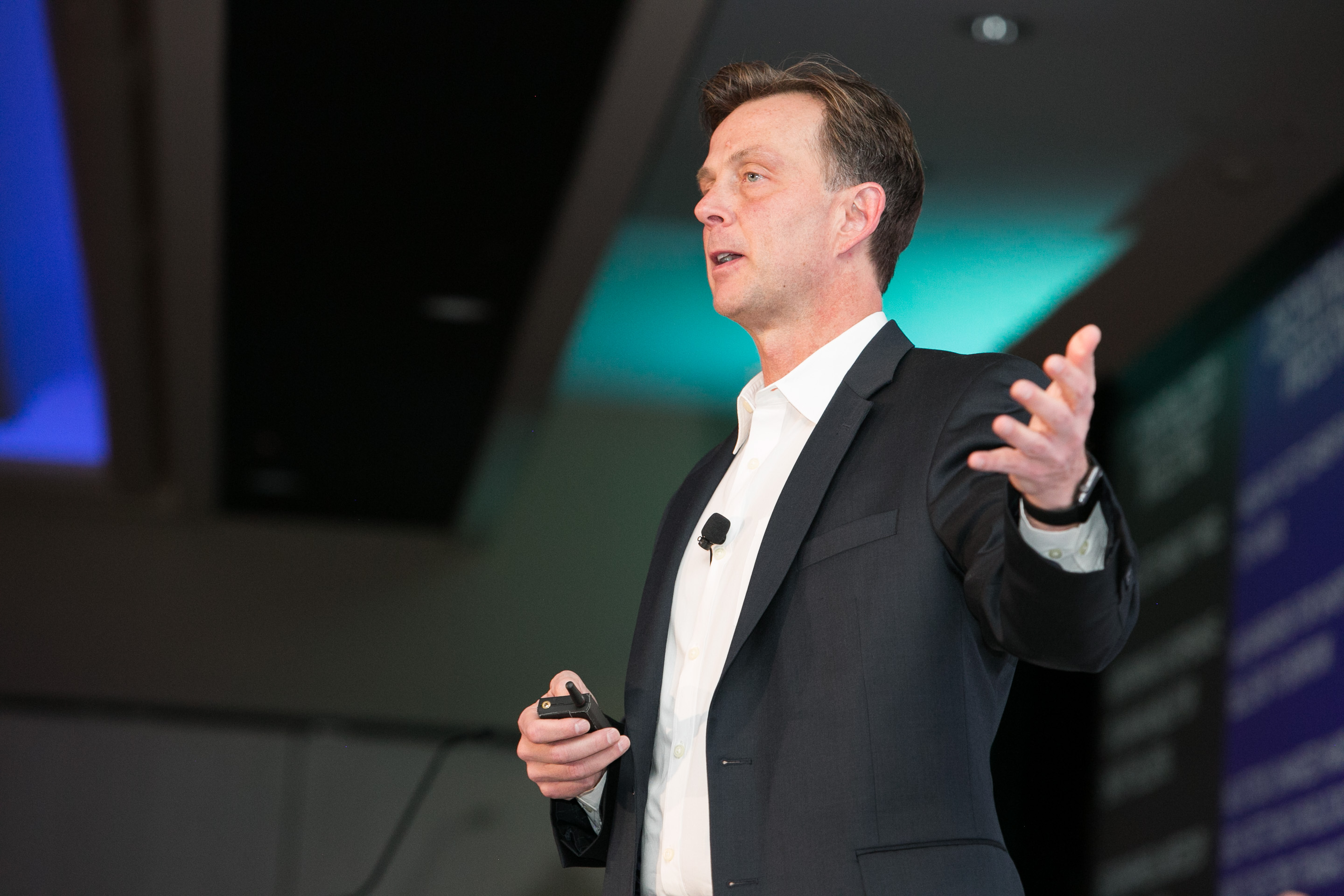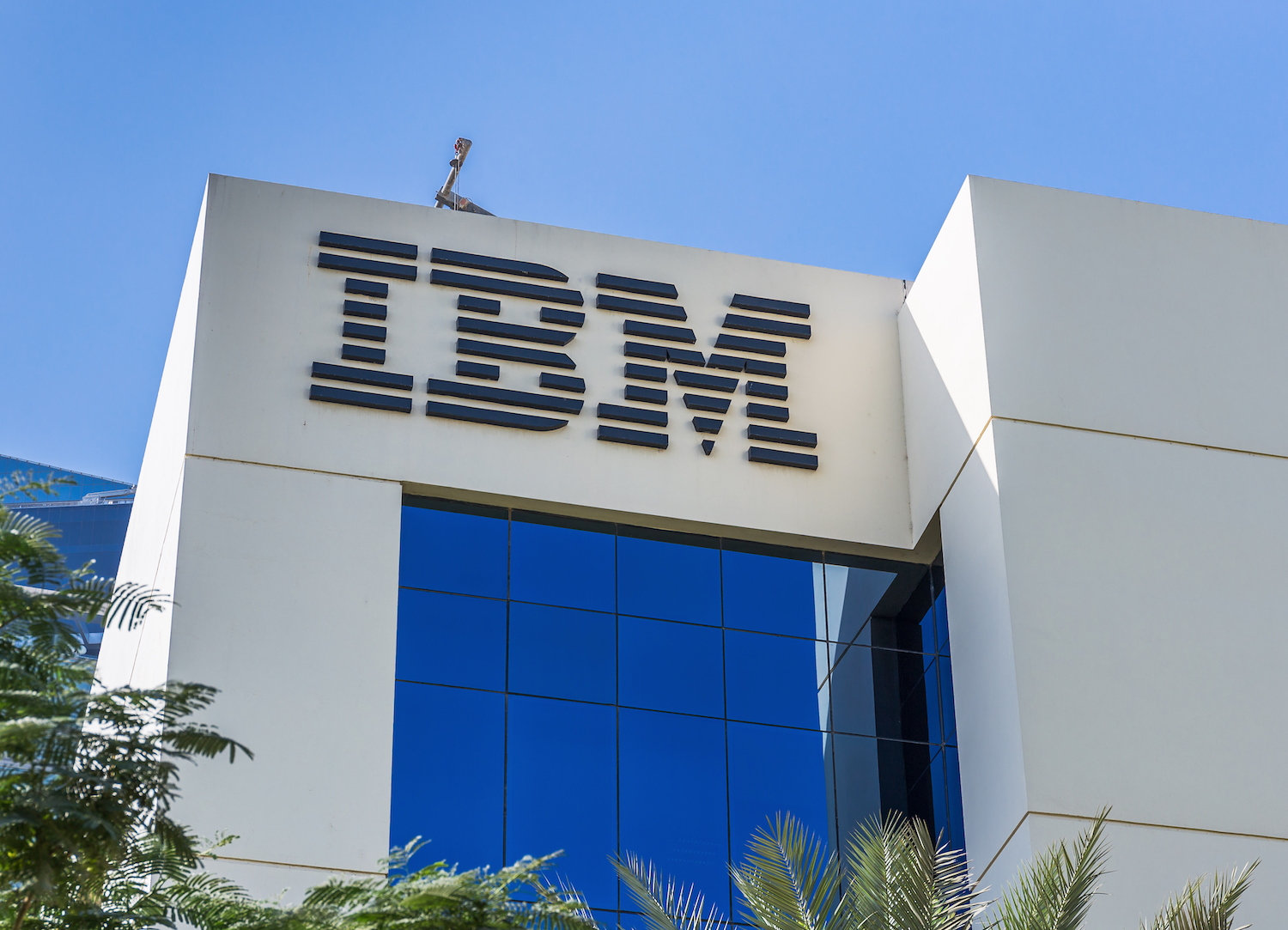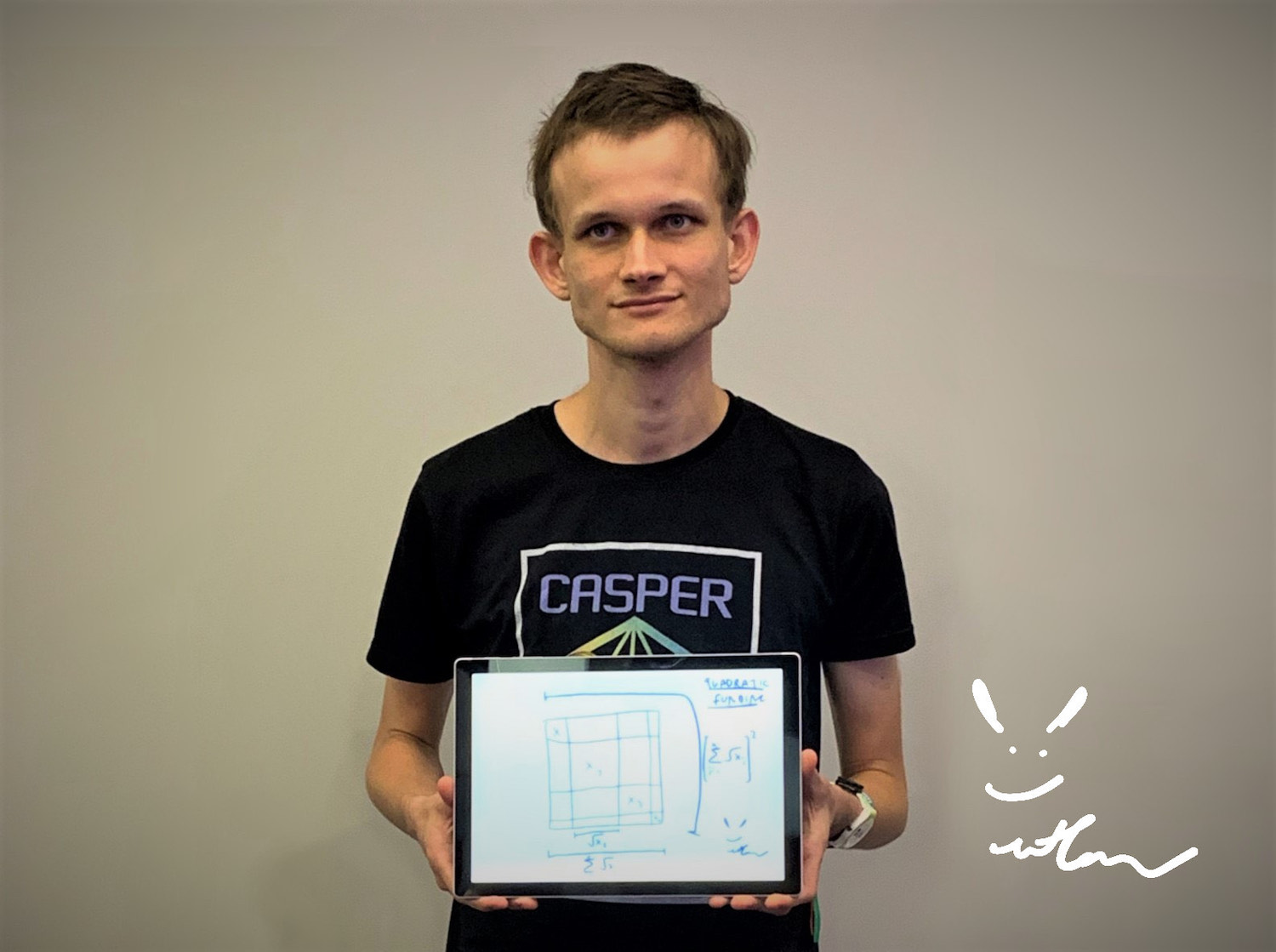OKX, the sixth largest cryptocurrency exchange, announced that it is coming out with a layer 2 network called “X1” using Polygon’s Chain Development Kit (CDK).
X1, expected to go live in the first quarter of 2024, will make use of Polygon’s zero-knowledge technology, a type of cryptography that’s become one of 2023’s hottest trends in blockchain.
The announcement comes just as other major cryptocurrency exchanges have released or are pursuing their own layer 2 networks. Earlier this year, Coinbase rolled out its “Base” blockchain using Optimism’s OP Stack. Kraken is also reportedly looking into creating a layer 2 blockchain.
Polygon’s CDK is currently in the mix for consideration for Kraken’s layer 2, according to people familiar with the matter, but Polygon Labs Chief Executive Officer Mark Boiron said he doesn’t think the announcement about X1 – the result of a major deal with a big exchange competitor – would scuttle its prospects. “If anything, frankly, it should be more attractive, including to exchanges,” Boiron told CoinDesk in an interview.
“You can look at all these chains as being competitive, or you can look at them as kind of being one,” Boiron said. “I fundamentally believe that if we can have the biggest ecosystem of chains that are all interoperable, then everyone that is part of that ecosystem is going to win.”
With the X1 rollout, OKX engineers will become a core contributor to Polygon’s CDK, meaning that they will work on the project’s codebase as it evolves.
According to the announcement, OKX’s native token, OKB, will be used for gas fees on the blockchain.
“X1 will be a key pillar of our efforts to educate and bring our users on-chain and into the world of Web3,” OKX Chief Innovation Officer Jason Lau said in a press release. “This scalable and accessible network is perfect for developers, who can build on X1 to deliver user-friendly, world-class consumer Web3 applications, all while maintaining interoperability with other networks and ecosystems.”
Edited by Bradley Keoun.

/arc-photo-coindesk/arc2-prod/public/LXF2COBSKBCNHNRE3WTK2BZ7GE.png)








